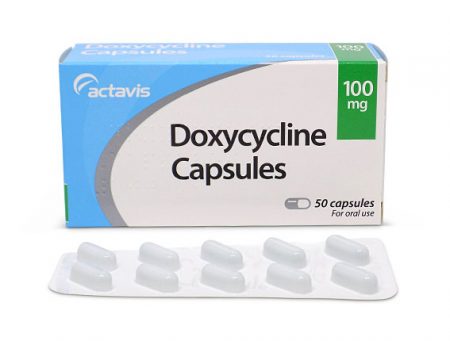Steroid Dexamethasone Facilitates Fear Extinction
 A 2017 article by Vasiliki Michopoulos and colleagues in the journal Psychoendocrinology reports that the potent steroid dexamethasone reduced the fear-potentiated startle response in patients with post-traumatic stress disorder (PTSD) but not in healthy controls. Dexamethasone acts on glucocorticoid receptors to suppress the body’s secretion of cortisol.
A 2017 article by Vasiliki Michopoulos and colleagues in the journal Psychoendocrinology reports that the potent steroid dexamethasone reduced the fear-potentiated startle response in patients with post-traumatic stress disorder (PTSD) but not in healthy controls. Dexamethasone acts on glucocorticoid receptors to suppress the body’s secretion of cortisol.
In the study, participants both with and without PTSD were taught to associate a picture of a blue square or a purple triangle with an uncomfortable short blast of air to the larynx (voicebox) and a loud burst of broadband noise in the participants’ headphones.
Some participants were given a placebo the night before the study, while others received a 0.5 mg dose of dexamethasone. Those who received dexamethasone the night before the study acquired a startle response to the blue square or purple triangle as much as other participants.
People without PTSD were easily able to eliminate their fear of the visual symbol when it was no longer linked to the noise and the blast of air, regardless of whether they had taken dexamethasone. However, among those with PTSD, only those who received dexamethasone were able to eliminate this fear-potentiated startle response and properly discriminate between safe and unsafe signals. People with PTSD who received the placebo maintained the fearful response to the blue square or purple triangle and startled in response to safe symbols.
People with PTSD may have difficulty learning to inhibit their fearful responses to stimuli that are no longer dangerous. In this study, the patients with PTSD continued to startle even after repeated presentations of the visual symbol without any accompanying air blast, while the controls showed excellent extinction of the response. After dexamethasone, but not placebo, patients with PTSD were just as successful in extinguishing the fear potentiated startle response as the controls. The authors conclude that dexamethasone could help facilitate extinction-based interventions used in PTSD, such as exposure therapy delivered during cognitive behavioral therapy or virtual reality exposure therapy.
Antibiotic Doxycycline May Block PTSD Symptoms
 A 2017 proof-of-concept study suggests that the antibiotic doxycycline can block the formation of negative thoughts and fear memories, perhaps offering a new way to treat or prevent post-traumatic stress disorder (PTSD).
A 2017 proof-of-concept study suggests that the antibiotic doxycycline can block the formation of negative thoughts and fear memories, perhaps offering a new way to treat or prevent post-traumatic stress disorder (PTSD).
In the study by Dominik R. Bach in the journal Molecular Psychiatry, healthy adults who received doxycycline had a lower fear response to fearful stimuli compared to healthy adults who received a placebo. The 76 participants received either doxycycline or placebo and then were taught to associate a color with an electric shock. Later, they were exposed to the color accompanied by a loud sound (but no shock), and their startle response was measured by tracking eye blinks, an instinctive response to sudden threats. Bach and colleagues found that the fear response was 60% lower in those participants who received doxycycline, suggesting that the antibiotic disrupted the fear memory linking the color to a threat.
The theory is based on evidence that doxycycline can inhibit metalloproteinase enzymes, which are involved in memory formation.
While in the study doxycycline was delivered before the fearful event occurred, there is hope that the antibiotic could also do some good after the fact. There is growing evidence that actively recalling a traumatic event can open a ‘memory reconsolidation window’ during which emotions associated with that event are open to change. Bach and colleagues hope to follow up with studies involving this reconsolidation window.
Another line of research is exploring how pain medications may reduce the emotional power of traumatic memories, because intense pain strengthens memory consolidation.

